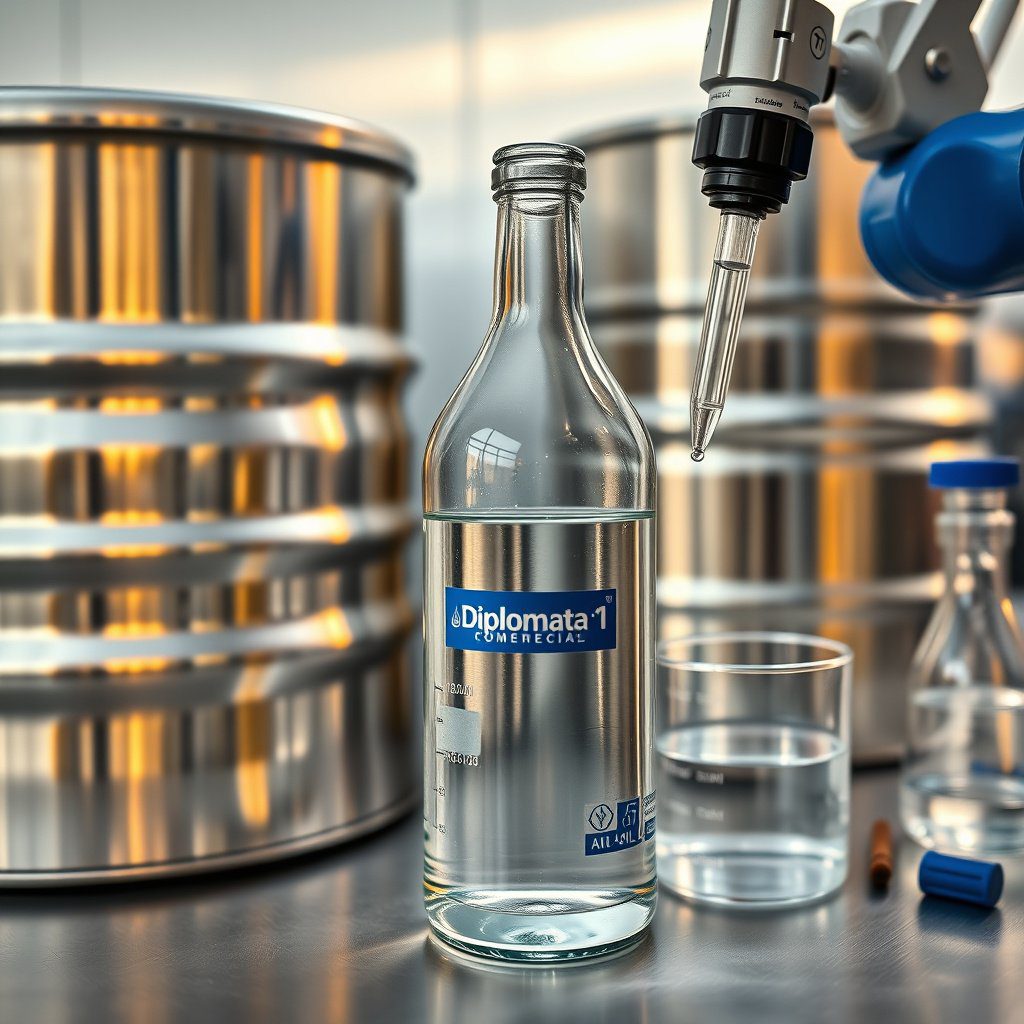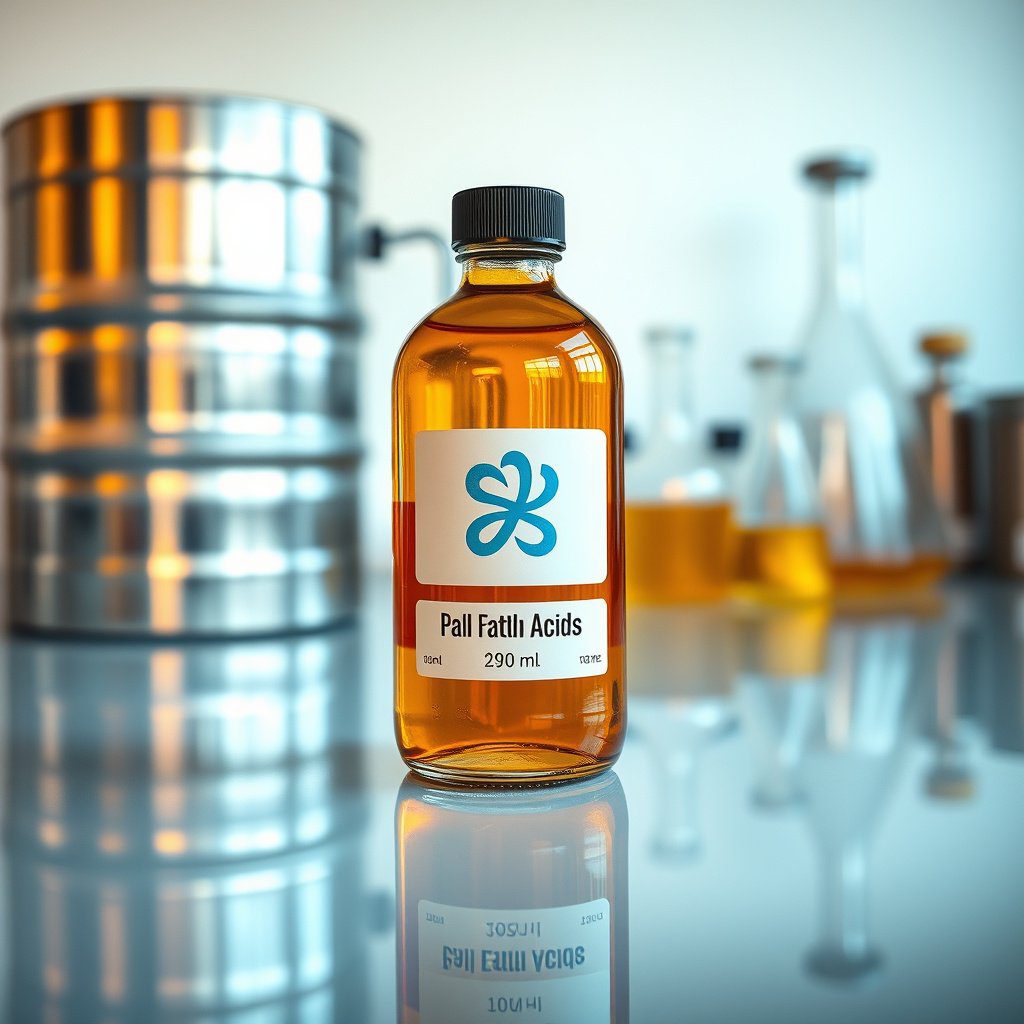Understanding Glycerin Manufacturing Efficiency
Glycerin manufacturing efficiency refers to the overall effectiveness and productivity of the processes involved in the production of glycerin, a vital byproduct of biodiesel production. This efficiency is crucial for companies like Diplomata that engage in large-scale glycerin production and distribution. By optimizing manufacturing processes, companies can reduce waste, lower costs, and increase output, ultimately enhancing profitability.
The Role of Raw Materials in Efficiency
The quality and type of raw materials used in glycerin production significantly affect manufacturing efficiency. High-quality feedstocks, such as vegetable oils or animal fats, yield better glycerin with fewer impurities. Companies need to establish solid relationships with reliable suppliers to ensure a consistent supply of high-grade raw materials, which directly impacts the overall manufacturing process.
Technology and Automation
Incorporating advanced technology and automation into glycerin manufacturing can greatly enhance efficiency. Automated systems can streamline production processes, reduce human error, and improve the accuracy of measurements. For instance, automated distillation columns can optimize the separation of glycerin from other byproducts, leading to higher yields and reduced energy consumption.
Process Optimization Techniques
Implementing process optimization techniques is essential for improving glycerin manufacturing efficiency. Techniques such as Lean Manufacturing and Six Sigma can help identify wasteful practices and areas for improvement. By systematically analyzing the production process, companies can achieve significant reductions in cycle times and costs, thereby enhancing overall efficiency.
Energy Management in Production
Energy consumption is a major factor in glycerin manufacturing efficiency. Companies must focus on energy management to minimize costs and environmental impact. Utilizing energy-efficient equipment and renewable energy sources can lead to substantial savings. Moreover, conducting regular energy audits can help identify inefficiencies and areas for improvement in energy usage.
Quality Control Measures
Implementing robust quality control measures is vital in ensuring efficient glycerin manufacturing. Consistent monitoring of product quality helps in maintaining high standards, reducing rework, and preventing costly recalls. Establishing a quality management system can streamline operations and enhance customer satisfaction, ultimately supporting a company’s reputation in the market.
Market Demand and Supply Chain Management
Understanding market demand is crucial for optimizing glycerin manufacturing efficiency. Companies like Diplomata must analyze market trends to adjust production levels accordingly. Effective supply chain management ensures that raw materials are available when needed while minimizing inventory costs. This alignment between production and demand is essential for maintaining operational efficiency.
Regulatory Compliance and Environmental Considerations
Compliance with industry regulations and environmental standards plays a significant role in glycerin manufacturing efficiency. Companies must adhere to regulations regarding waste management, emissions, and product safety. Investing in environmentally friendly practices not only ensures compliance but also enhances efficiency by reducing waste and improving resource utilization.
Training and Workforce Development
The efficiency of glycerin manufacturing is heavily influenced by the skills and knowledge of the workforce. Investing in training and development programs for employees can lead to improved operational performance. A well-trained workforce can identify inefficiencies and contribute to process improvements, enhancing overall manufacturing efficiency.


